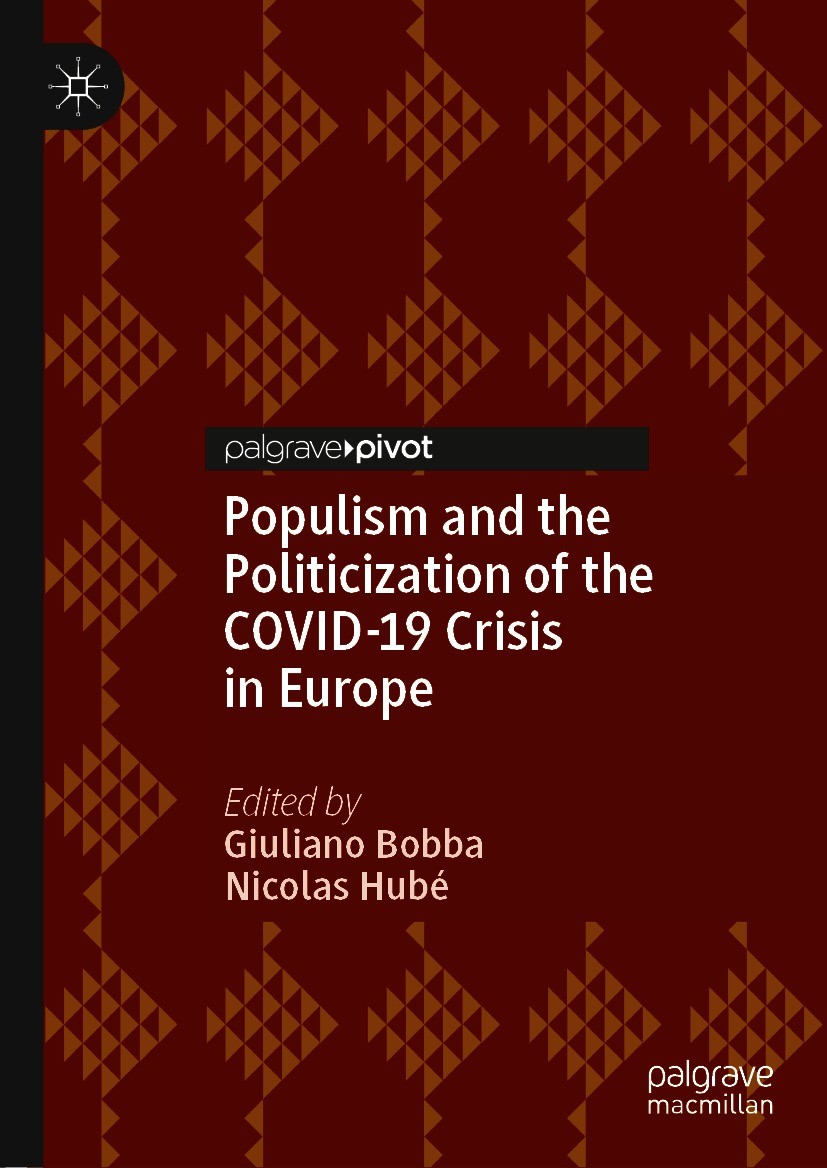| 书目名称 | Populism and the Politicization of the COVID-19 Crisis in Europe |
| 编辑 | Giuliano Bobba,Nicolas Hubé |
| 视频video | http://file.papertrans.cn/752/751620/751620.mp4 |
| 概述 | Identifies the main features of populist action by focusing on the leaders’ statements and political initiatives.Contributes to crisis and populism literatures defining patterns among different types |
| 图书封面 |  |
| 描述 | This edited book provides a first overview of how populist parties responded to the COVID-19 pandemic crisis in Europe. Although populism would normally benefit from crisis situations (e.g., political representation or economic crises), the peculiar nature of this health crisis does not make the benefit obvious. For it to be exploited, a crisis must be politicized. While populists have tried to take advantage of the crisis situation, the impossibility of taking ownership of the COVID-19 issue has made the crisis hard to be exploited. In particular, populists in power have tried to depoliticize the pandemic, whereas radical right-populists in opposition tried to politicize the crisis, though failing to gain the relevant public support. This book considers populist parties in eight European democracies, providing a framework of analysis for their responses to the COVID-19 crisis. It does so by engaging with the literature on crisis and populism from a theoretical perspective and throughthe lens of the politicization process. |
| 出版日期 | Book 2021 |
| 关键词 | European Union Politics; COVID-19; Crisis Management; Populism; Politicization; Public Health; Polarisatio |
| 版次 | 1 |
| doi | https://doi.org/10.1007/978-3-030-66011-6 |
| isbn_ebook | 978-3-030-66011-6 |
| copyright | The Editor(s) (if applicable) and The Author(s), under exclusive license to Springer Nature Switzerl |
 |Archiver|手机版|小黑屋|
派博传思国际
( 京公网安备110108008328)
GMT+8, 2026-2-9 04:15
|Archiver|手机版|小黑屋|
派博传思国际
( 京公网安备110108008328)
GMT+8, 2026-2-9 04:15


